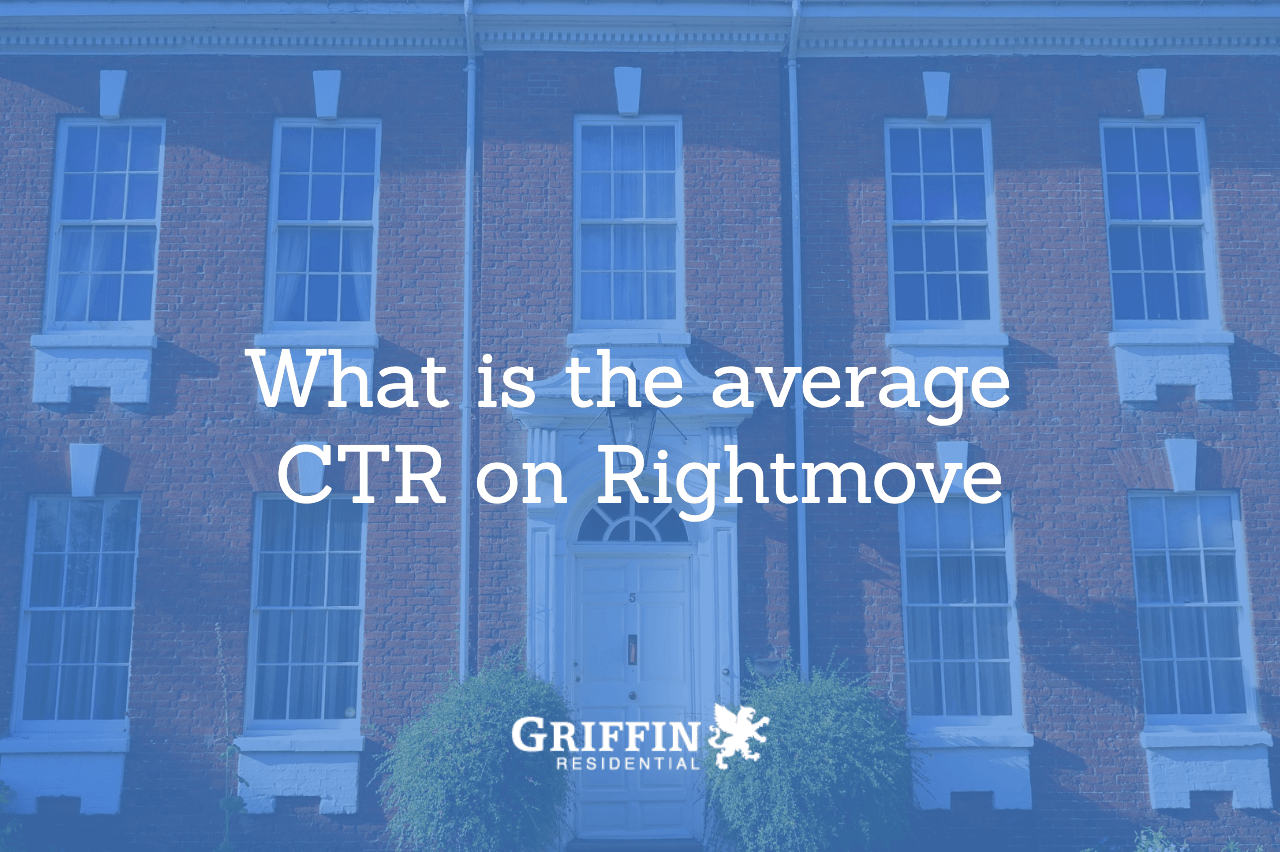A Beginners Guide to the Conveyancing Process

For first time buyers and sellers, understanding the legal sides of buying and selling property can seem extremely daunting. It is, however, important that you fully understand the process to ensure that you do not end up spending more time and money because you didn’t know what you were doing when it came to the legal aspects of moving house.
Here’s a beginners guide to the conveyancing process to help you when buying or selling property for the first time.
Instructing a solicitor
Firstly, you will instruct a solicitor of your choice. Your decision may ultimately come down to what is most affordable but it is always recommended to instruct a reputable and established solicitor in your area to reduce any delays or complications in the conveyancing process.
You can instruct a solicitor as soon as you decide to buy or sell a property. It may save time, however, to do it prior to securing a buyer or having an offer accepted, as there will be legal documents that need to be filled in and subsequently processed by your solicitor.
Reviewing the Mortgage Agreements
When an offer has been accepted on a property, the buyer’s solicitor will check over the clients mortgage agreement from their lender. If the buyer has not yet had an agreement in principle issued, they must do this, as exchange of contracts cannot take place until the mortgage offer has been received and checked by the buyer’s solicitor.
Arranging a survey
At this point, the buyer should consider having a survey on the property. The buyer can rely on the mortgage report issued by the mortgage lender, but an official survey is recommended.
A homebuyers survey or a structural survey may take place in order to find any potential issues with the property, for example, damage to the roof or walls. Any issues found could result in reduction to the price of the property through further negotiation or a buyer withdrawing their offer.
Documents pack sent out to Buyer’s solicitor
When both parties have instructed their solicitors, the seller’s solicitor will send the buyer’s solicitor a pack of documents, which will contain a draft contact, a copy of the title of the property, property information form, fittings and contents form, planning documents and guarantees. It’s at this point that the buyer’s solicitor will undertake searches.
Searches
A local search and a drainage search will almost always be issued on the property so that the solicitor can obtain any information that may affect the property.
The buyer’s solicitor may also choose to undertake environmental searches. Depending on where the property is located, coal mining search and brine searches may also be undertaken.
Checking the documents
The buyer’s solicitor will now check through all the necessary documents including the ones received from the seller’s solicitor and will raise any enquiries they may have where necessary.
When the buyer’s solicitor is satisfied with the information they have gathered, they will then prepare a report, which they will send to their client that will present all of the information on the property.
Exchange of contracts
The buyer’s solicitor will now be ready to exchange contracts and will request deposit money and for the contracts to be signed by the buyer. When they have received the deposit money and signed contract, the buyer’s solicitor will speak with the seller’s solicitor to inform them of the progress.
When the contracts have been exchanged, both parties will be contractually bound to complete on the arranged completion date. Typically, completion will be around 1 to 4 weeks after exchange of contracts.
If you have any questions regarding the conveyancing process for selling your property, please don’t hesitate to get in touch today
FAQ: What is the Conveyancing Process?
The conveyancing process is a legal and administrative procedure that aids the transfer of property ownership from one person or entity to another. The conveyancing process has various stages, including property searches, contract preparation, title verification, negotiation, and financial transactions. The process aims to provide both buyers and sellers with a secure and transparent framework for property transactions that adheres to all legal requirements.
FAQ: What Steps Are There in Conveyancing Process?
Several critical steps are involved in the conveyancing process. To begin, you instruct a solicitor or conveyancer to handle the legal aspects. They then review and, if necessary, rewrite mortgage agreements. The property is then surveyed to determine its condition. Parties exchange documents, including the seller's property information form and the draught contract. Although each conveyancing process will differ slightly, these are the main steps and outlines that they will most likely follow. Before proceeding with the transaction, these steps ensure a thorough understanding of the property's status, legalities, and potential issues.
"Here's a beginners guide to the conveyancing process to help you when buying or selling property for the first time."

How to Value your Property Online
30.05.2022According to the Office of National Statistics, the average <a href="https://www.ons.gov.uk/economy/inflationandpriceindices/bulletins/housepriceindex/january2022#:~:text=The%20average%20house%20price%20in%20England%20is%20now%20at%20a,%C2%A3159%2C000%20(Figure%203)." target="_blank">UK house price has risen to a record £292,000,</a> a rise of 9.6% from the previous year. It's probably no surprise that people are seizing the opportunities to join, move, or jump off the property ladder with house prices rising.
Read More
Coast or Countryside?
28.04.2022City dwellers often begin to dream of a new life somewhere new and exciting. Many reminisce on previous holidays, by the sea or camping in one of the nation’s finest beauty spots.
Read More
How Long Does It Take To Sell A House
25.03.2022When it comes to selling your home, you may wonder how long it will sell your house. It's a common concern, and the answer is that it can vary due to many factors, which we cover below.
Read More
Property Websites
02.03.2022A list of the best property websites and portals to use at the moment, unsure where to list your house for sale? Follow this guide to find out.
Read More
Shared Ownership Houses
06.07.2020Here is the guide to understand shared ownership houses, what they are, and how they work. It can simply be defined as that you buy a share of the property.
Read More
Average click through rate for rightmove.co.uk?
25.11.2019How to get more views on rightmove.co.uk using an online estate agents. A simple guide to getting more views and leading to a quicker sale using rightmove.co.uk
Read MoreSubscribe to our blog for the latest property news!
Company Registered in England and Wales | Company Name: Griffin Property Co | Company Reg No.09362284



















